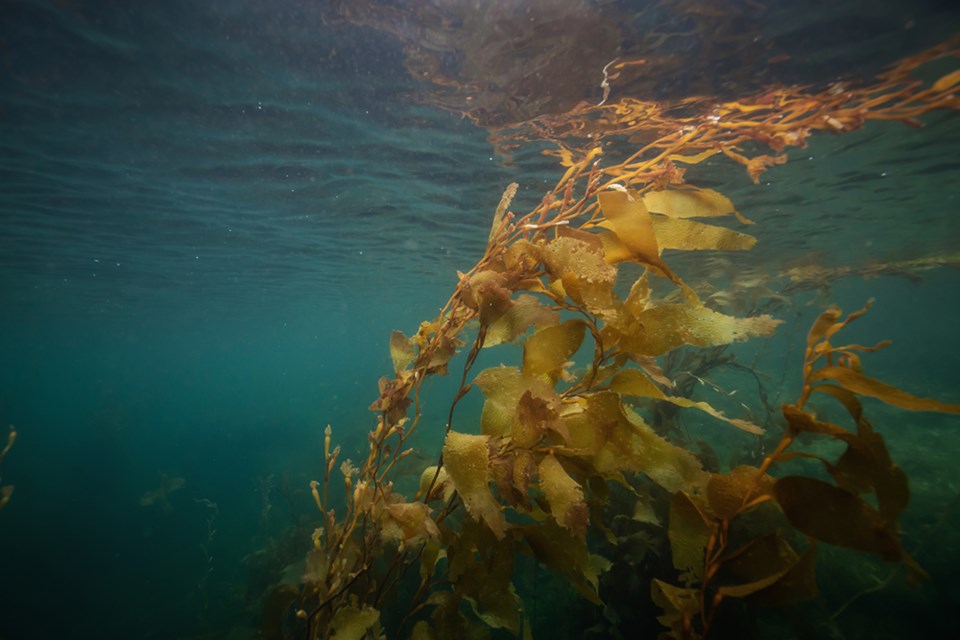As I celebrated Earth Day last month, I wondered when life became so complicated? We are in the midst (beyond the midst) of climate change and universities are trying to solve the problem with complexity rather than simplicity.
In the words of Bill Mollison (the father of modern permaculture): “Though the problems of the world are increasingly complex, the solutions remain embarrassingly simple.”
I have entered the world of permaculture, studying under a fellow named Matt Powers. Matt has amazing enthusiasm and hope for world change. He has studied under some of the world’s best permaculturists and scientists: Rosemary Morrow, Dr. Elaine Ingham, Darren Doherty, Peter McCoy, Danial Lawton and Neal Spackman, to name a few.
His courses instruct on all aspects of permaculture and science and he has so much respect that all his mentors (70-plus) provide him with material, interviews and editing of his textbooks for his students. As they all say, we just need to look to nature, work with nature and wounds can be healed. We are not the dominant force we think we are, we are just part of the relationship.
I have recently read two articles in the news. NBC news , making room for the ocean to take in more CO2. Then, in CBC news, UVIC reported it is starting a to analyze global change and design solutions.
I’m not saying these initiatives are not worthwhile, I’m saying we have less expensive solutions out there that could be in place while the higher technology is being figured out.
One of these companies is . It is a nonprofit based out of Long Island Sound which teaches regenerative sea farming. The farms grow kelp, raise mussels, oysters and clams, and naturally attract fish to the environment. They are water-friendly where the general public can safely use their areas for swimming and boating.
is another nonprofit based in California that grows kelp naturally in the waters of Santa Barbara.
Closer to home is , which is farming kelp and seaweed on the west coast of Vancouver Island. They are working in cooperation with the coastal First Nations to remediate the kelp beds and farm sustainably.
Sustainably harvested kelp helps to restore the ocean ecosystem while at the same time mitigates effects of climate change by absorbing CO2. Kelp beds provide habitat and food for sea stars, sea urchins, otters, fish (specifically salmon) and orcas, all of which require each other to survive.
These farms also lend themselves to sustaining our food chains.
Kelp is not only one of the healthiest plants you can eat but the benefits are known and therefore used in animal feed and plant biofertilizers. The beauty industry uses kelp as well. What an amazing system to feed and nurture our planet.
We don’t need technology to remove CO2 from our oceans, we need both technology and nature to restore its health so it has the ability to do its job.
Laural Gagnon is a City of Powell River resident.



